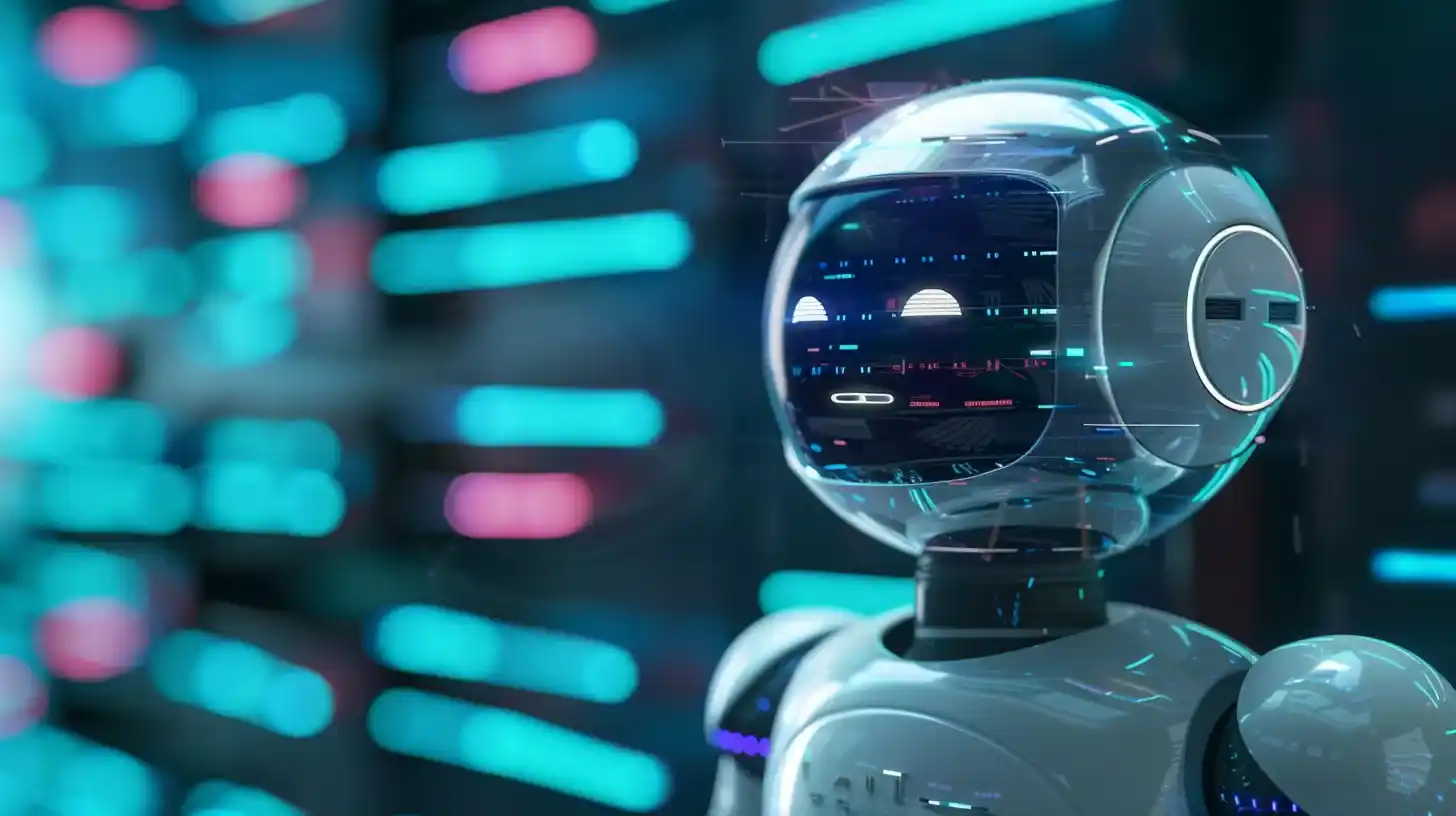Table of Contents
Microsoft has announced a new partnership with Mistral AI, a French start-up that develops large language models (LLM) for generative AI products. The partnership aims to support Mistral AI’s growth and expansion in the global AI market, as well as to foster European AI innovation.
What is Mistral AI?
Mistral AI is a 10-month-old start-up that has been dubbed as Europe’s answer to OpenAI, the San Francisco-based research lab behind ChatGPT, a popular AI system that can generate natural language texts. Mistral AI has created its version of ChatGPT, called Le Chat, or “the cat”, which is a multilingual conversational assistant that can chat with users in different languages.
It is also working on other generative AI products, such as text summarization, content creation, and data analysis. The start-up claims to have the largest and most diverse collection of LLMs in Europe, covering 27 languages and various domains.
Mistral AI has raised 2 billion euros ($2.1 billion) in funding so far and has attracted the attention of Microsoft, one of the world’s leading tech companies.
How will Microsoft help Mistral AI?
Microsoft said in a statement that it was investing 15 million euros in Mistral AI, which would convert into equity in the start-up’s next funding round. The investment is part of Microsoft’s strategy to expand its footprint in the fast-evolving AI industry and to show its support for European technology.
Under the deal, Mistral AI’s LLMs will be available on Microsoft’s Azure cloud computing platform, making it the second company to host its LLMs on Azure after OpenAI. This will enable Mistral AI to access Microsoft’s AI data centers and infrastructure and to train and deploy its next-generation models for AI more efficiently and effectively.
The partnership will also boost Mistral AI’s access to new customers, as it rolls out Le Chat and other generative AI products to the market. Microsoft President Brad Smith said that the partnership was an “important” signal of the company’s backing of European technology.
“I really think this day is one of the most important days in terms of Microsoft’s technology support for Europe,” Smith told CNBC’s Karen Tso at the Mobile World Congress tech conference in Barcelona, Spain.
“What we’re fundamentally agreeing to is a long-term partnership with it so that they can train and deploy their next-generation models for AI on our AI data centers, our infrastructure, effective immediately,” he added.
What are the implications of the partnership?

The partnership between Microsoft and Mistral AI comes at a time when the AI industry is facing growing scrutiny from regulators and competitors. Microsoft is facing pressure from EU antitrust regulators over its reported $13 billion investment in OpenAI, which some see as a threat to the diversity and competition in the AI market.
Smith said that the investment in it was not an effort to appease competition concerns, but rather a reflection of the company’s commitment to having a diverse product offering.
“It’s important for us to show that this isn’t just about Microsoft technology, it’s not just about American products. This is going to be an engine for technology, innovation, and growth in Europe as well,” he said.
Smith also said that the investment in Mistral AI would see funds dedicated to research and development, including AI models for public sector services in Europe.
“I think Europe wants, needs, and deserves a wide range of offerings,” he said.
The partnership between Microsoft and Mistral AI is also expected to have a positive impact on the AI ecosystem in Europe, as it will encourage more innovation and collaboration among AI researchers and developers. Earlier on Monday, Spanish telecoms giant Telefónica announced that it had struck a deal to integrate Microsoft’s Azure AI Studio into its digital ecosystem, Kernel, allowing staff to interpret data using generative AI language models.
Rival tech giants such as Google and Amazon have also been ramping up their investments in AI amid a growing frenzy around the emerging technology. Global markets hit record highs last week on the back of bumper results from AI chipmaker Nvidia.





